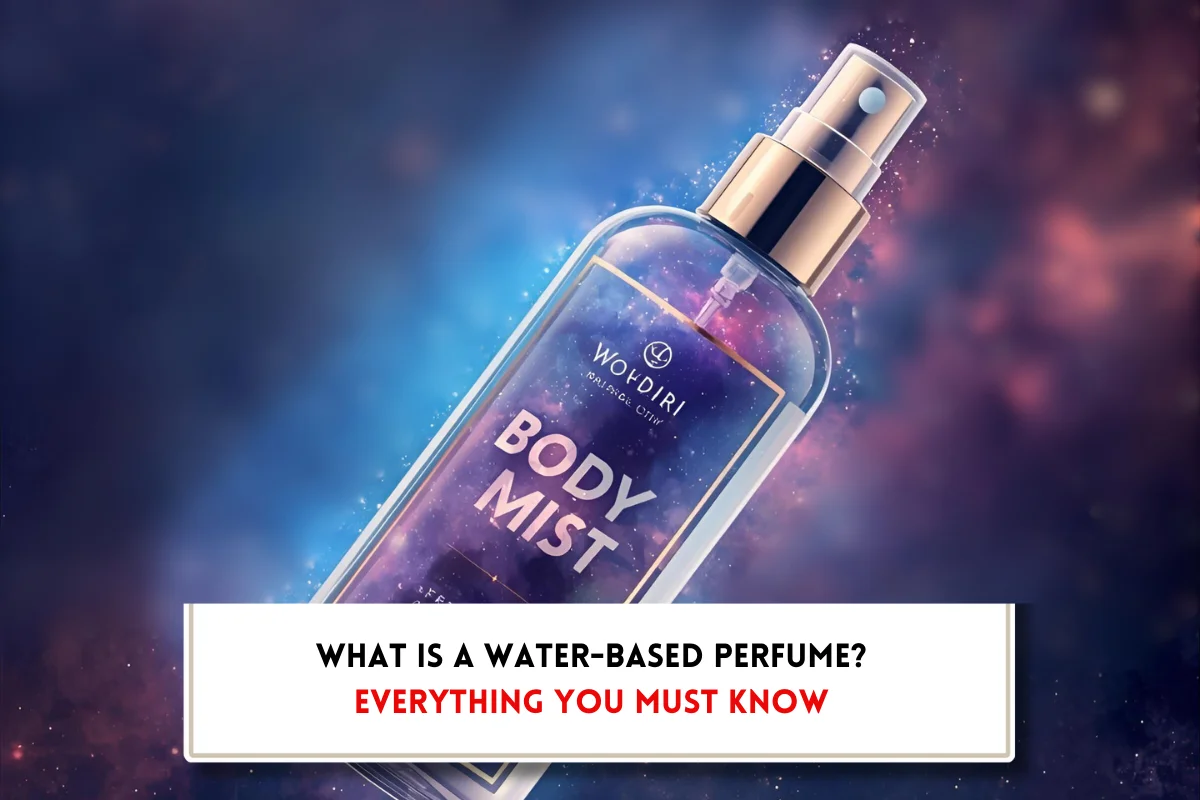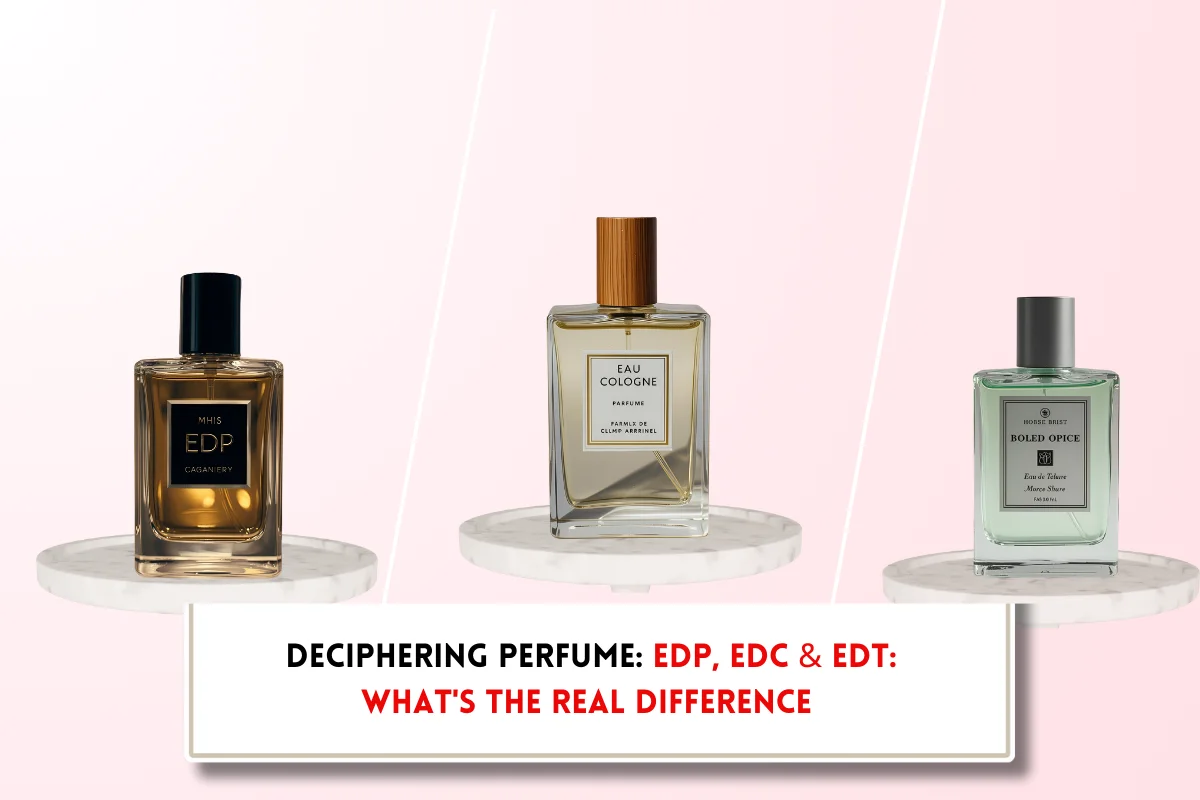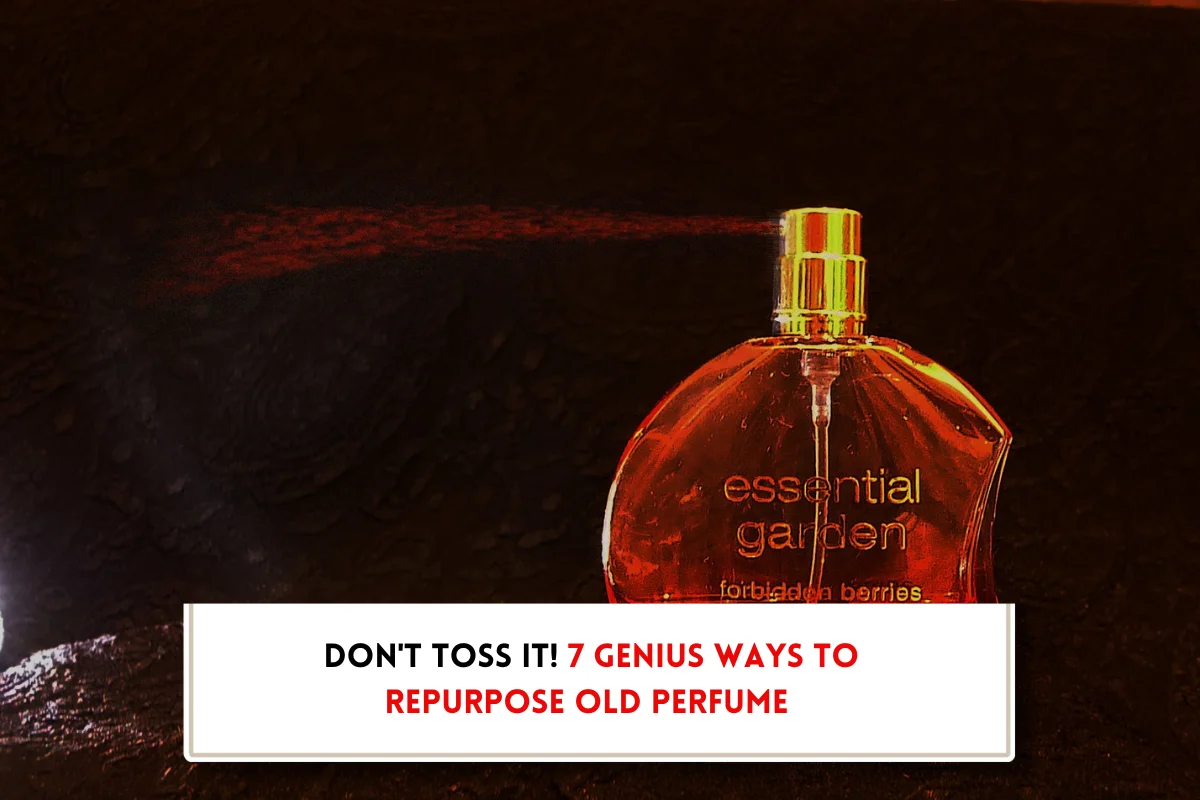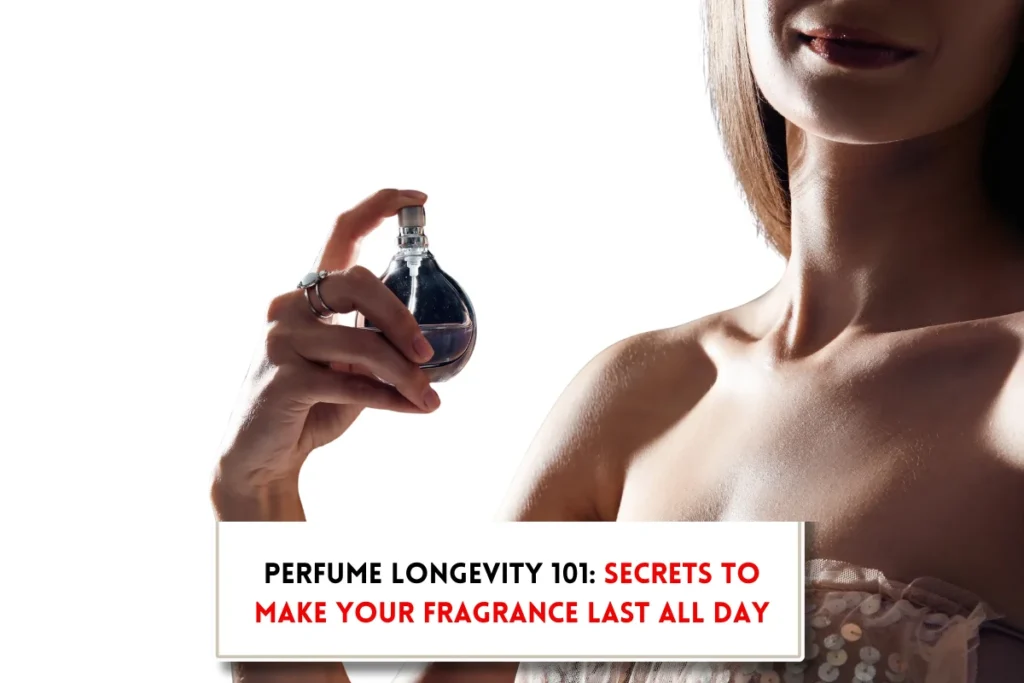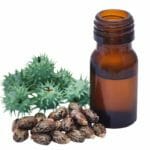Taming the alcohol – Why does my perfume smell like alcohol (and What to do)
At BeautyCaters, our expert team independently curates every recommended product. Purchases through our links may earn us a commission. Explore our transparent selection process.
You reach for your favorite perfume, expecting a delightful embrace of notes, but instead, a sharp, familiar whiff of alcohol hits your senses leaving you wondering: why does my perfume smell like alcohol? It’s a common issue but isn’t just a minor one. it impacts the very first impression of your signature scent. So why does it happen? I am back to spill the tea on the precise reasons behind this phenomenon, offering insights that will transform how you understand and experience your perfumes.

Why does my perfume smell like alcohol?
That sharp, familiar whiff of alcohol is a common, and perplexing experience. Do you know there are innumerable factors contributing to this phenomenon?
Factors that affect the smell of perfume

- Evaporation and the olfactory journey: Perfume is a sophisticated blend of fragrance oils, water, and, most importantly, alcohol. Alcohol, typically ethanol, serves as the primary solvent with a multi-faceted role. But at the same time being highly volatile when you first apply perfume it evaporates rapidly. This initial, almost instantaneous, evaporation is the reason you perceive a strong alcohol scent. During this “flash-off” phase, the alcohol effectively carries the initial, lighter fragrance notes (often referred to as top notes) with it into the air, making way for the “heart notes” and “base notes” to emerge, revealing the true, intricate scent profile of the perfume.
- Alcohol concentration: This is perhaps the most significant factor. Perfumes are categorized by their fragrance oil concentration, which inversely relates to their alcohol content. Naturally, formulations with higher alcohol concentrations (like EDC or EDT) will exhibit a more pronounced alcohol aroma upon initial application due to the sheer volume of alcohol evaporating.
- Environmental factors: Your surroundings play a subtle yet crucial role.
- Temperature: Higher temperatures accelerate alcohol evaporation. In warmer climates or environments, the alcohol scent might be more noticeable initially as it flashes off more quickly.
- Humidity: Low humidity also promotes faster evaporation. Conversely, high humidity can slightly slow down the process, potentially making the alcohol scent linger a fraction longer.
- Quality of ingredients: The caliber of raw materials used in perfume formulation can indeed impact the perceived alcohol scent.
- Fragrance oils: Lower-quality or synthetic fragrance oils might not blend as seamlessly with the alcohol, leading to a more discernible, sometimes harsher, alcoholic aroma. Premium natural essences, on the other hand, tend to integrate more harmoniously, creating a smoother transition from alcohol to fragrance.
- Denatured alcohol: Most perfumery alcohol is denatured, meaning additives have been included to make it undrinkable. While these additives are generally tasteless and odorless in their intended use, exceptionally low-quality denaturing agents could, in rare instances, contribute to a slightly off-putting alcohol scent.
- Perfume age and storage: While not as common, an old or improperly stored perfume can sometimes develop a stronger alcohol scent. Over time, fragrance oils can degrade, and if the bottle isn’t sealed tightly, some alcohol can evaporate, leaving behind a higher concentration of the remaining alcohol or altered fragrance compounds. Store perfumes in a cool, dark place away from direct sunlight and extreme temperature fluctuations.
- The role of body chemistry: In rare instances, your individual body chemistry can interact with certain fragrance components, accentuating the alcohol or altering the overall scent in an unexpected way. This is less common than other factors but is worth considering if you’ve exhausted all other troubleshooting steps.
Also Read: Can you create pheromone perfume?
What to do when your perfume smells like alcohol?
If you find that the alcohol scent in your perfume lingers excessively or is more pronounced than you’d like, here’s a step-by-step guide to address the issue:
The Golden Rule: Patience is a Virtue (Wait it Out)
This is by far the most common and effective solution. When you first spray perfume, resist the urge to immediately bring your wrist to your nose. Give it at least 30 seconds to a minute, or even a few minutes, for the alcohol to completely evaporate. As the alcohol dissipates, the true, intricate layers of the fragrance (the heart and base notes) will begin to unfold on your skin, revealing the perfume’s intended character. Rushing this process will only result in an alcohol-heavy first impression.
The Art of Maceration: For New Bottles and Persistent Alcohol

If you’ve just acquired a new bottle of perfume and the alcohol scent is unusually strong and persistent even after waiting, it might benefit from “maceration.” This is a process where the fragrance oils and alcohol “settle” and blend more thoroughly over time.
- Prime the sprayer: Before maceration, spray a few pumps into the air. This clears any air in the atomizer and ensures the liquid is flowing properly.
- Store in darkness: Place the closed perfume bottle back into its original box (if you still have it) and store it in a cool, dark, and dry place. A drawer, closet, or cabinet is ideal. Avoid bathrooms due to fluctuating humidity and temperature.
- Be patient: Let it sit for a few weeks to a month. You might even notice a significant difference after just a week. This allows the ingredients to “marry” and the alcohol to mellow, resulting in a more harmonious and rounded scent.
Master the Application: Techniques for a Better Scent Experience
How you apply your perfume can significantly impact the initial scent impression.
- Spray from a distance: Hold the perfume bottle approximately 5-7 inches away from your skin when spraying. This creates a finer, wider mist, allowing the alcohol to evaporate more efficiently before the fragrance lands on your skin.
- Target pulse points: Apply perfume to your body’s natural “hot spots” – wrists, neck, décolletage, behind the ears, and even behind the knees. The warmth from these pulse points helps to gently heat the fragrance, promoting a more even evaporation of the alcohol and a better diffusion of the scent.
- Resist the rub: A classic mistake! Rubbing your wrists together after applying perfume generates friction and heat, which can prematurely evaporate the delicate top notes and potentially “crush” the fragrance molecules, altering the scent and leaving you with a more pronounced alcohol smell. Simply spray and let it air dry.
- Hydrate your skin: Moisturized skin provides a better canvas for fragrance. Perfume adheres better and develops more smoothly on hydrated skin, which can help mitigate the sharpness of the initial alcohol burst. Apply an unscented lotion or body oil before your perfume.
Final Word
So, the mystery of the “alcohol whiff” is solved! It’s clear now that the initial alcoholic burst is either a normal part of your perfume’s journey, making way for the beautiful fragrance that follows, or an indication of a need for maceration or other aforementioned issues—all absolutely avoidable with the right methods.
No more holding your breath after that first spritz! Instead, give your fragrance the moment it deserves to bloom. And remember, how you store and apply your perfume can truly transform its performance.
What’s your go-to trick for getting the best out of your perfumes? Share your scent secrets in the comments below!

